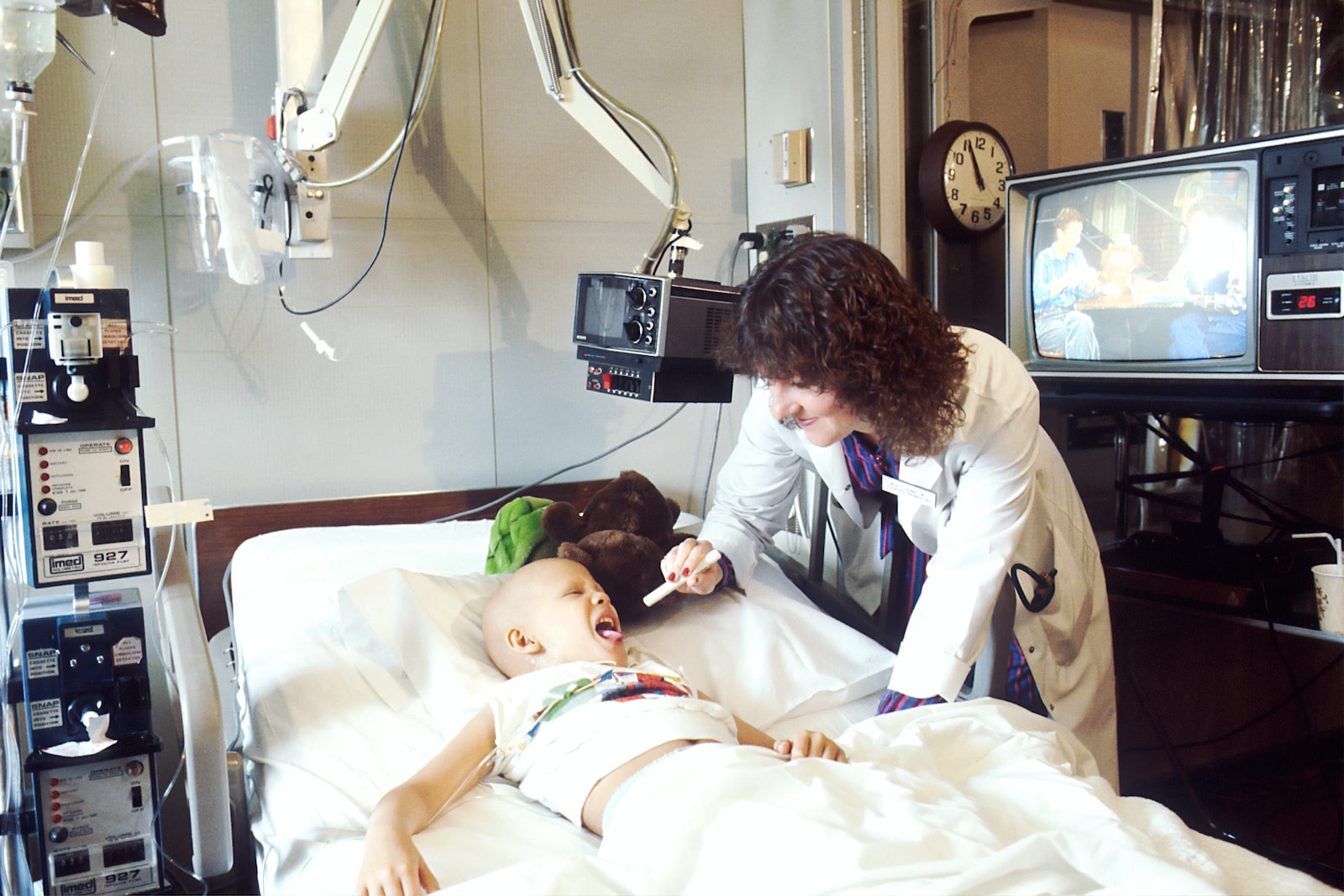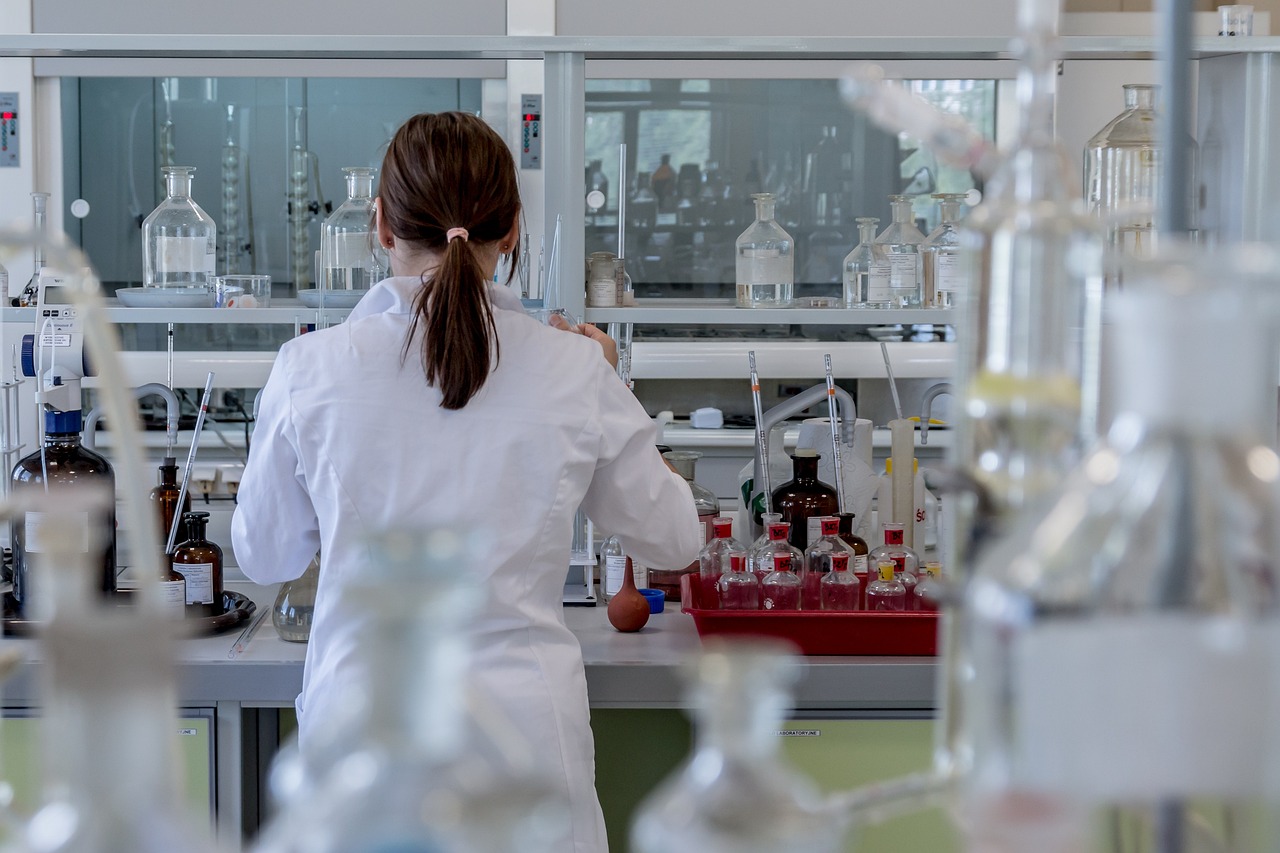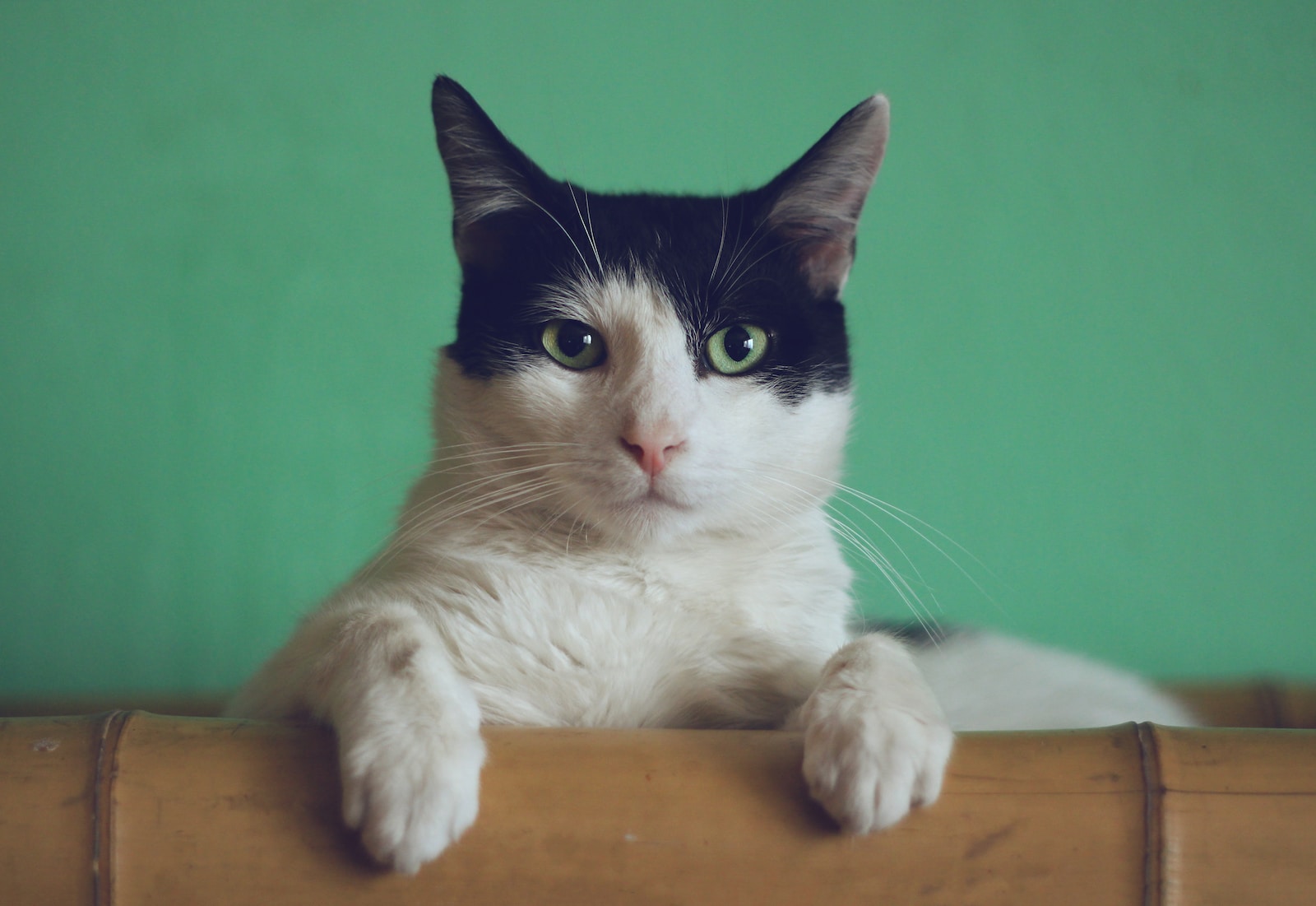Side Effects of Chemotherapy: Whether you are just starting chemotherapy or have been through it before, it’s important to know how to prevent and minimize the negative effects of chemotherapy on your body. Some of the most common side effects include diarrhea, weight loss, skin changes, and inflamed mucous membranes. The good news is that you can easily avoid or minimize these side effects. Here are four tips to help you.
Diarrhea
During cancer treatment, diarrhea is a common adverse event. There are many causes of diarrhea, including chemotherapeutic agents, radiation therapy, and infections.
Diarrhea after chemotherapy can lead to treatment delays and a reduced compliance with treatment, which can negatively affect treatment outcomes. Affected patients may experience reduced appetite, fatigue, and dysphagia. Chemotherapy-induced diarrhea is also associated with decreased blood volume and dehydration. Diarrhea can be caused by agents including 5-fluorouracil (FFU), irinotecan (CPT-11), capecitabine, and monoclonal antibodies.
Diarrhea is a serious adverse effect of chemotherapy. The American Society of Clinical Oncology has issued a consensus guideline for treating chemotherapy induced diarrhea.
The severity of CRD is determined by the number of stools per day and the effect on self-care. The number of days that CID occurred is also measured. Using the National Cancer Institute Common Terminology Criteria for Adverse Events (NCIC-CTCAE) grade system, diarrhea is classified into grades 1-3.
Diarrhea is characterized by loose or watery stool. Early investigations showed a decrease in villous enterocytes and a decreased surface area for resorption. Fecal wet weight and K+ excretion are likely to be better indicators of gastrointestinal toxicity than fecal dry weight.
Diarrhea after chemotherapy may be caused by the following agents: radiation therapy, antibiotics, irinotecan, 5-fluorouracil, monoclonal antibodies, and tyrosine kinase inhibitors. In addition, bile acid malabsorption is frequently associated with pancreatoduodenectomy.
The incidence of diarrhea after chemotherapy is estimated to be between 50 and 80 percent. The most common agents associated with diarrhea are tyrosine kinase-inhibitors (tKIs), 5-fluorouracil, and irinotecan. In addition, diarrhea may be caused by irradiation of the rectum or pelvis.
Diarrhea can be treated using loperamide, oral metronidazole, diphenoxylate, octreotide, or amifostine enema. Treatment options are based on the stage of CID and patient need for hospitalization.
Weight loss
Whether you’re going through chemotherapy or radiotherapy, you need to make sure you’re getting the nutrients you need to survive. You may need to take a special diet to get through the treatment.
The right foods can help reduce your risk of infection and keep your energy levels up. You’ll also want to make sure you drink enough fluids to avoid dehydration. You may also want to exercise to help you lose weight.
The best way to determine what you should be eating is to make sure you keep an eye on your weight. Chemotherapy often causes weight gain, so be sure to keep track of your progress. You may also want to consult your doctor or a nutritionist to learn more about the best ways to lose weight during treatment.
A dietitian can help you create a balanced diet that meets your unique needs. Make sure to include foods rich in protein, vitamins, and minerals. You may also want to consider eating a high-fiber diet, including whole grains, fruits, and vegetables.
The best way to reduce the side effects of chemo is to make sure you’re eating the right foods. It’s also a good idea to exercise, but be sure to do so under the supervision of your health care provider.
To make sure you’re eating the right foods, stock your refrigerator and freezer. This will make it easier to prepare meals when you get home.
You should also learn about the many different types of foods. A variety of colorful fruits and vegetables are great ways to get the nutrients you need. You may also want to avoid ultra-processed foods, such as junk foods.
Inflamed mucous membranes
During treatment of cancer, the mucous membranes of the mouth and esophagus can be affected. This could lead to a dry mouth, ulcers, and in severe cases bleeding. In addition, chemotherapy can cause an array of other symptoms such as nausea, fatigue, drowsiness, and loss of appetite. In addition, mucositis can also lead to infection, which can make a cancer patient’s life miserable. In fact, one out of three people who are undergoing cancer treatment will experience some form of mucositis.
Fortunately, many patients experience no more than minor symptoms. However, some patients are left with a mouth full of mucus, a lack of taste and poor appetite. In fact, oral mucositis is among the most common complications of chemotherapy.
Fortunately, there are a few things you can do to reduce your chances of developing mucositis. Among other things, you can drink plenty of water, avoid smoking, and eat healthy. Moreover, you can take medications to mitigate the adverse effects of chemotherapy. Some medications even improve your chances of surviving chemotherapy. For example, you can drink more water or take a medication that reduces your pain and inflammation.
While mucositis can be painful, there are medications that can help alleviate symptoms and shorten the healing time. In fact, there are drugs that are designed to reduce the amount of mucus in the mouth, so patients are spared from the pain and suffering associated with mucus production. Moreover, some medications can help prevent mucositis by promoting good oral hygiene. Lastly, it’s a good idea to drink plenty of water to avoid the dreaded mouth dryness and other common side effects of chemotherapy.
Changes to your taste buds
During chemotherapy, your taste buds may undergo changes. These changes may vary for each person. These changes can make you hungrier than usual, making it difficult to eat as much as you want. Fortunately, some coping strategies can help you cope.
The best way to manage these changes is to keep up good oral hygiene. It’s important to brush your teeth every day and use a soft bristle toothbrush. You can also use a homemade mouthwash, made from baking soda and salt.
Trying new foods is also a good idea. You may find that certain foods and drinks taste bland, which can be difficult to swallow. It may also be difficult to smell certain things. Talk to your healthcare provider about how to manage your changes.
There are several reasons for changes in taste. One reason is that chemotherapy can damage the taste buds. Another reason is that radiation therapy can change your taste buds.
Other reasons for changes include a decreased appetite and difficulty maintaining fluid intake. Eating small snacks regularly can help you keep up your energy levels.
Chemotherapy can also affect your sense of smell. Some cancer treatments may damage the nerves that send signals to your brain.
If you have a sweet tooth, you may notice that sweet foods don’t taste as sweet as they used to. It is also possible to experience a reduction in sensitivity to cold and heat.
Chemotherapy is the culprit behind many of these changes. However, they may last for weeks or months. It is important to remember to tell your healthcare provider about all the changes you are experiencing. Also, be sure to get your consent forms signed before undergoing treatment.
Changes to your skin
During cancer treatment, your skin may experience changes. These changes can be mild or serious, and they can affect the quality of your life. Your medical team may recommend a skin care regimen that helps you minimize these side effects.
Skin changes can be caused by chemotherapy, radiation therapy, or targeted therapy. The most common side effects include dryness and redness. Some people also experience rashes, which are itchy and painful.
The changes may affect your face, hands, and feet. Some changes may take several months to resolve. Others may not occur until years after treatment. Regardless of the cause, the symptoms may interfere with your ability to sleep.
Your skin may also become sensitive to light. This can make it more susceptible to sunburn, so it is important to protect yourself from the sun. Wear sunscreen of SPF 30 or higher, and reapply after spending time in the sun.
If your skin becomes too itchy, scaly, or blistered, your medical team may recommend a topical antibiotic. You may also be prescribed a corticosteroid cream. If you experience a sudden or severe rash, it may be a sign of an allergic reaction to chemotherapy.
Your skin may also become dry after chemotherapy treatment. You can use an over-the-counter moisturizer to prevent dehydration. Apply a thick moisturizer in the morning and at night. Do not use perfumed products or alcohol-based products, as these may cause the rash to worsen.
You may also experience hair loss after chemotherapy. The hair may take up to a year to regrow. You may have dark nails or cuticles.
You may also experience a rash on your hands, feet, or palms. This is a common side effect of chemotherapy and radiation therapy.
- Quantum Breakthrough: Room-Temperature Superconductivity Achieved
- India’s Cricket Fervor Hits Fever Pitch as World Cup Final Nears
- India Takes on Australia in the 2023 ICC Men’s Cricket World Cup Final
- Pharma Jobs: AIIMS Raipur Announces Direct Recruitment for 31 Pharmacist and Dispensing Attendant Positions; Applications Open till July 31, 2023
- Got Utkarsh Small Finance Bank IPO? Find Out NOW! Simple Steps to Check Your Allotment Status!
- Voltas and Zee Entertainment Lead as Volume Toppers in Stock Market; See High Trading Activity








